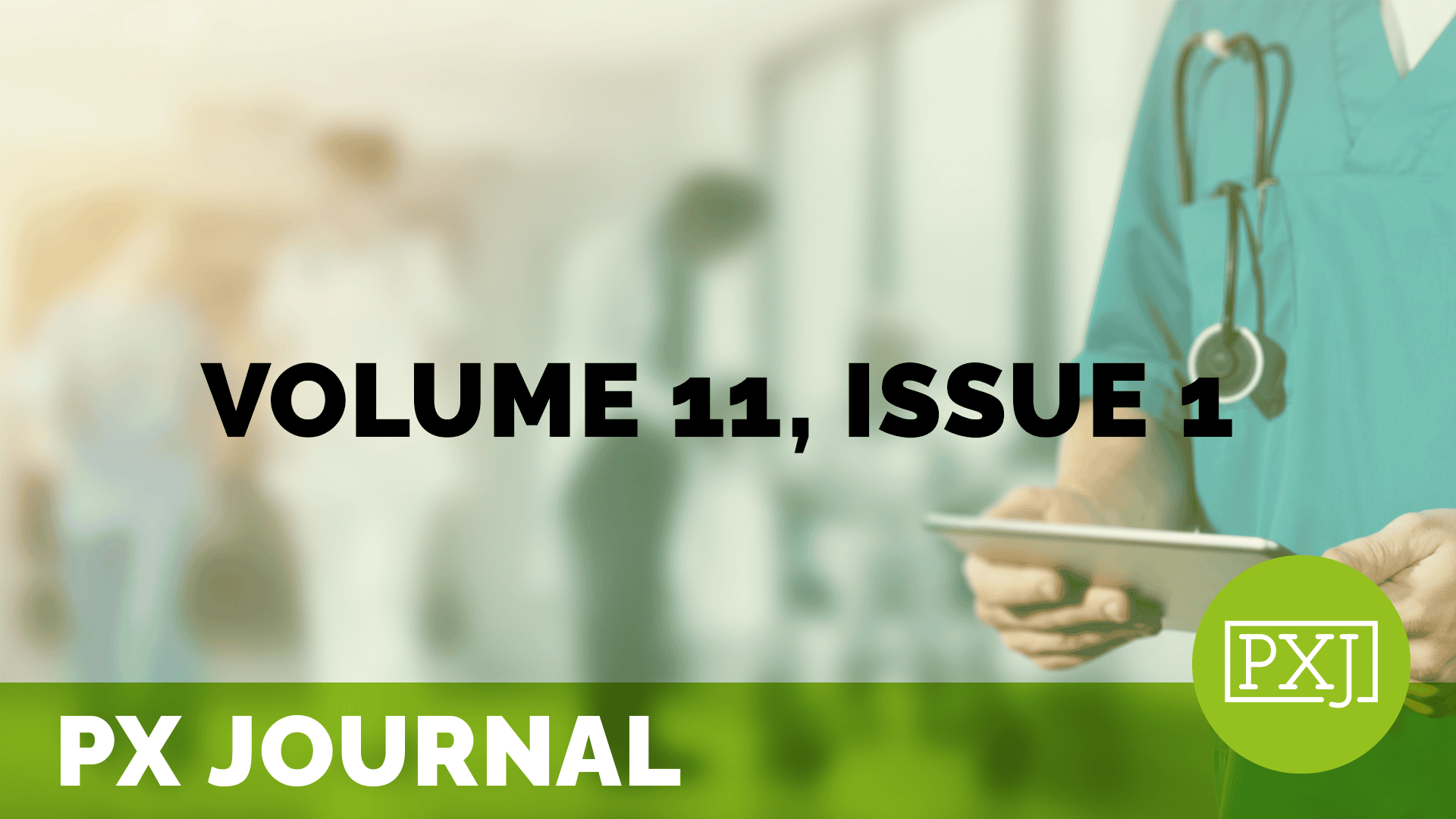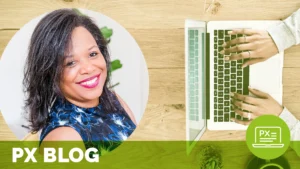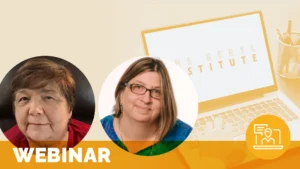The Legitimacy of the Patient Story: The Unofficial Autoethnography

While communication is the foundation of patient experience, survey data and comments are the primary source of results. The focus on data, though meaningful, reduces humans to text on reports. With a focus of autoethnography in both her baccalaureate and post-graduate studies, the author, (a fulltime patient experience professional) shares her professional focus on the value of the data and comments, esteeming it all as valuable research given by the only people who can report patient experience – patients. She compares her stance regarding patient experience before and after receiving a diagnosis of breast cancer. The author shares how the experience as a patient with a life-threatening illness impacted her professional beliefs, including demonstrating purposeful, personal concern for patients, valuing patient experience data and comments, and encouraging others to do the same.
Related content
-
 Patient Family & Community Engagement
Patient Family & Community EngagementA Passage of Advocacy and Listening: How My Name and Experiences Shaped My Purpose in Healthcare
By Typhany Morrison-Brooks I was born Madelyn Morrison without a middle name because my mother wanted me to have the space to choose one someday. I arrived a couple of months early, weighing just 4 pounds. They had already picked “Madelyn” for me, but as I lay in the incubator, I flipped myself over, earning
Learn more -
 Patient Family & Community Engagement | Staff & Provider Engagement
Patient Family & Community Engagement | Staff & Provider EngagementCo-Creating Change Using Storytelling
During this webinar members of the Global Patient and Family Advisory Board (GPFAB) will demonstrate how telling stories instead of creating guidelines for healthcare professionals will improve patient outcomes. The GPFAB has created a unique storytelling guide that will help healthcare professionals understand the principles of sharing patient/care partner lived experience through storytelling and how
Learn more -
 Patient Family & Community Engagement
Patient Family & Community EngagementMy Life, My Story and Life Recovery among Veterans with Substance Use Problems
The United States Veterans Health Administration My Life, My Story (MLMS) program is a patient-centered care intervention where veterans are interviewed about their life story and may grant permission to include it in their electronic health record (EHR). Our purpose was to focus on a sample of MLMS narratives from veterans with self-disclosed substance use
Learn more
